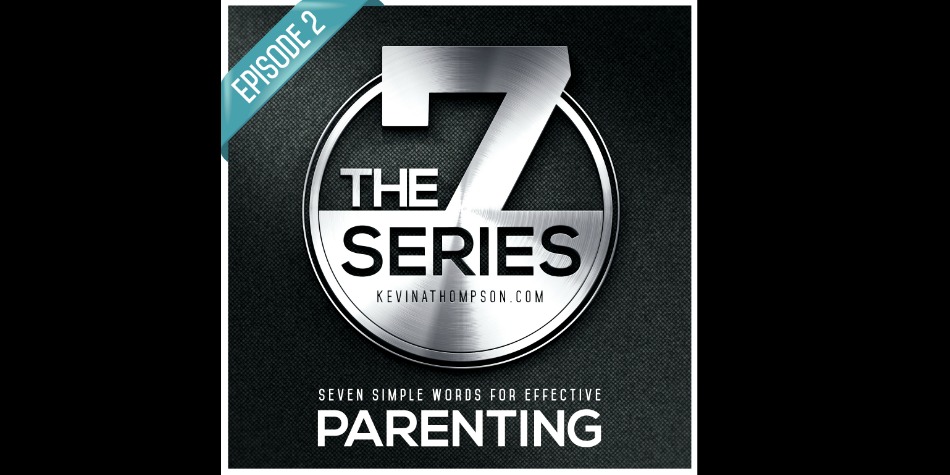Welcome the second episode of The 7 Series: Parenting. To review the first episode go here.
Show Notes:
Few things change our perspective on life like the feeling of love for a child.
Love is something we assume comes naturally. While the feeling of love comes naturally, the action of love is never natural for humanity.
Parents are to do the most loving action toward their child. Knowing what is the most loving action is a difficult question.
The deception parents face is a belief that every action they take is an action of love directed toward their children. We act out of selfishness far more often than we realize.
Authority and Love form the “why” of parenting. We parent because God has given us authority and caused us to love.
Few things reveal our sinfulness as much as parenting. That revelation is a gift because it reminds us of our need of grace.
Jesus describes love in John 15.13–“Greater love has no one than this, that someone lay down his life for his friends.”
Every healthy parent will sacrifice their life to save their child, but will we sacrifice our reputation in the moment to do what is in their best interest?
Love is not about what will make my children happiest in the moment but what will be best for them in the long-run.
Our authority must be bathed in love and our love must influence our authority.
Love is often best expressed as parents admit mistakes and ask their children for forgiveness.
Parents need to receive love in the same way that we need to give it.
Older children often know when we are not acting in a loving way. If we deny it, they will question our integrity.
Love doesn’t always feel loving. Do what is right not necessarily what feels right.
It is loving for our children to ask us if we are obeying God even as we are asking our children to obey us.
If you wonder if you truly are acting in a loving way, read 1 Corinthians 13 and examine your action.
If you are asking your child to do something for their benefit, that’s love. If you are asking your child to do something for your benefit, that is not love.
We aren’t as loving as we think we are.
There may be no greater power a parent has than to brag on their children, yet bragging about our children isn’t always love.
We must not only tell our children we love them, we must also show them we love them.
“Will you forgive me?” is a loving question. (See: What to do Right When You’ve Already Done Wrong)
We must be careful what we celebrate and how we celebrate so that we don’t miscommunicate why we love our children.
Call attention to the things which are truly important.
We must continually remind our children of our need for grace and we must regularly give our children grace.
Spouses can point out to children how the other is acting in love (i.e. work, sacrifice, etc.)
John Gottman says for every one negative comment you need five positive comments.
Question:
Do you agree or disagree with this statement: The most effective way parents can improve their parenting is by learning to love their children more?



